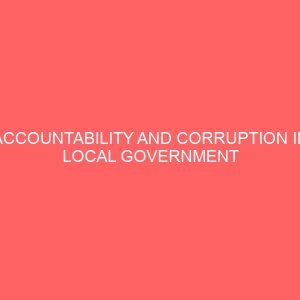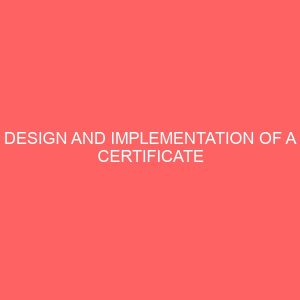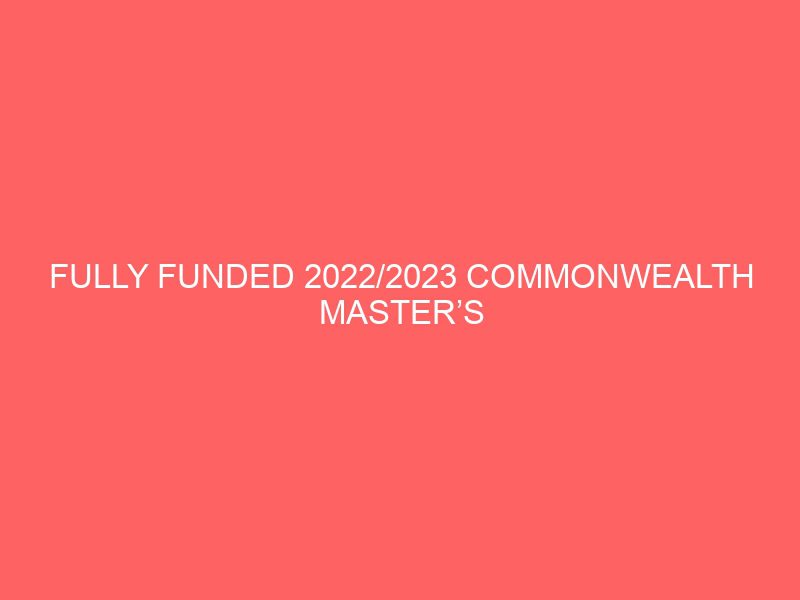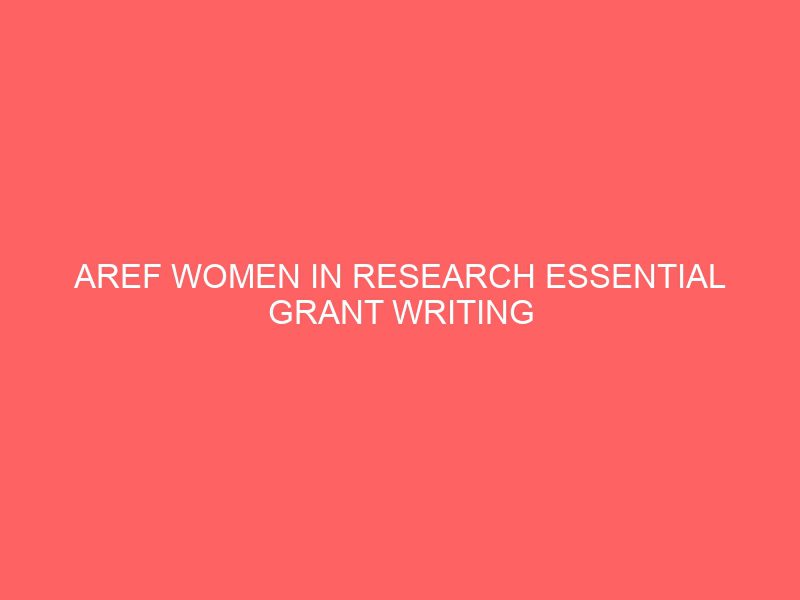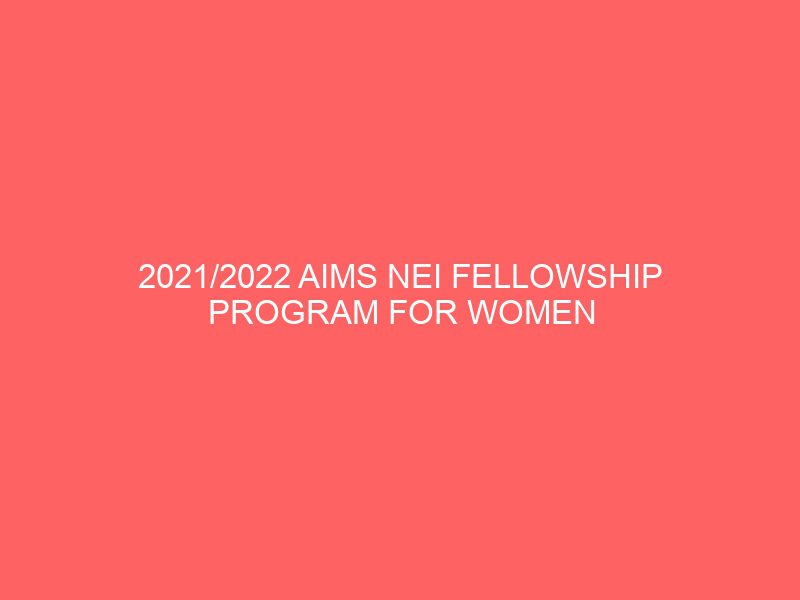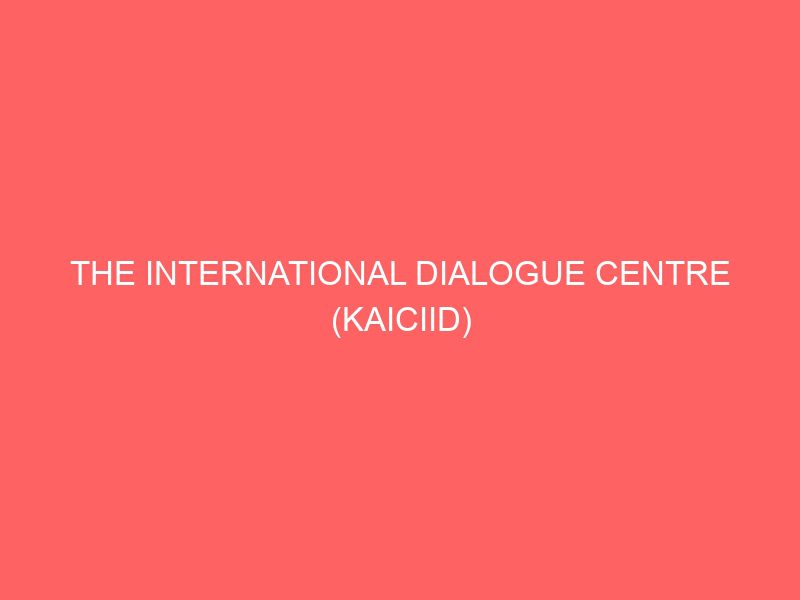Fully Funded 2022/2023 Commonwealth Master’s Scholarships for full-time Master’s study at a UK university
Commonwealth Master’s Scholarships are for candidates from eligible lower and upper middle income Commonwealth countries, to undertake full-time taught Master’s study at a UK university.
Funded by the UK Foreign, Commonwealth & Development Office (FCDO), Commonwealth Master’s Scholarships enable talented and motivated individuals to gain the knowledge and skills required for sustainable development, and are aimed at those who could not otherwise afford to study in the UK. These scholarships are offered under six development themes:Science and technology for development
Strengthening health systems and capacityPromoting global prosperityStrengthening global peace, security and governanceStrengthening resilience and response to crisesAccess, inclusion and opportunity
The agency-nominated Master programme is one of three Master’s programmes offered by the Commission.
Purpose: Funded by the UK Foreign, Commonwealth & Development Office (FCDO), Commonwealth Master’s Scholarships enable talented and motivated individuals to gain the knowledge and skills required for sustainable development, and are aimed at those who could not otherwise afford to study in the UK.
Intended Beneficiaries: Commonwealth Master’s Scholarships are for candidates from eligible lower and upper middle income Commonwealth countries, to undertake full-time taught Master’s study at a UK university.
Eligibility Requirements
To apply for these scholarships, you must:
- Be a citizen of or have been granted refugee status by an eligible Commonwealth country, or be a British Protected Person
- Be permanently resident in an eligible Commonwealth country
- Be available to start your academic studies in the UK by the start of the UK academic year in September 2022
- By September 2022, hold a first degree of at least upper second class (2:1) honours standard, or a second class degree (2:2) and a relevant postgraduate qualification (usually a Master’s degree). The CSC would not normally fund a second UK Master’s degree. If you are applying for a second UK Master’s degree, you will need to provide justification as to why you wish to undertake this study
- Be unable to afford to study in the UK without this scholarship
- Have provided all supporting documentation in the required format
Please note that only candidates from the eligible countries listed below can apply for Commonwealth Master’s Scholarships in 2022.
Antigua and Barbuda
Bangladesh
Belize
Botswana
Cameroon
Dominica
Eswatini
Fiji
Ghana
Grenada
Guyana
India
Jamaica
Kenya
Kiribati
Lesotho
Malawi
Mauritius
Montserrat
Mozambique
Namibia
Nauru
Nigeria
Pakistan
Papua New Guinea
Rwanda
Samoa
South Africa
Sri Lanka
St Helena
St Lucia
St Vincent and the Grenadines
Tanzania
The Gambia
Tonga
Tuvalu
Uganda
Vanuatu
Zambia
Selection process
Each year, the CSC invites selected nominating bodies to submit a specific number of nominations. The deadline for nominating bodies to submit nominations will be made available in 22 September 2021.
Applications will be considered according to the following selection criteria:
- Academic merit of the candidate
- Quality of the plan of study
- Potential impact on the development of the candidate’s home country
Scholarship Worth
Each scholarship provides:
- Approved airfare from your home country to the UK and return at the end of your award (the CSC will not reimburse the cost of fares for dependants, nor the cost of journeys made before your award is confirmed).
- Approved tuition fees.
- Stipend (living allowance) at the rate of £1,133 per month, or £1,390 per month for those at universities in the London metropolitan area (rates quoted at 2021-2022 levels).
- Warm clothing allowance, where applicable.
- Thesis grant towards the cost of preparing a thesis or dissertation, where applicable.
- Study travel grant towards the cost of study-related travel within the UK or overseas.
- If you are widowed, divorced, or a single parent, child allowance of £485 per month for the first child, and £120 per month for the second and third child under the age of 16, if you are accompanied by your children and they are living with you at the same address in the UK (rates quoted at 2021-2022 levels).
- If you declare a disability, a full assessment of your needs and eligibility for additional financial support will be offered by the CSC. The CSC’s family allowances are intended to only be used as a contribution towards the cost of maintaining your family in the UK. The true costs are likely to be considerably higher. You must be able to supplement these allowances to support any family members who come to the UK with you.For more information, see the current Handbook for Commonwealth Scholars and Fellows. Please note that the conditions outlined in the Handbook are subject to change.
Tenure and placement
Awards are tenable at any approved UK university or higher education institution with which the CSC has a part-funding agreement (as mentioned previously) for a specific programme of research for 36 months of full-time study only.
Awards are to obtain one degree; funding will not be extended to enable candidates to complete a qualification in addition to or higher than that for which the selection was made. Awards are made in respect of full-time study only and no other course of study may be undertaken at the same time.
Completing application form
Applications must be made using the CSC’s online application system.
In the application form, prospective candidates will be asked to:
- List all undergraduate and postgraduate university qualifications obtained (if applicable)
- List up to 10 publications and prizes (if applicable)
- Provide details of your employment history and explain how each job is relevant to the programme you wish to undertake in the UK (up to 100 words per employment)
- Provide a statement on the relevance of your previous work experience to the proposed Scholarship (up to 300 words)
- List names and positions of three referees who are qualified to comment on both your capacity to benefit from your proposed Scholarship in the UK and your ability to deliver development impact afterwards. One of your referees must be your current employer.
- Provide a Development Impact statement in 4 parts. In the first part you should explain how your proposed Scholarship relates to:
You must apply to one of the following nominating bodies in the first instance – the CSC does not accept direct applications for these scholarships.
Each nominating body is responsible for its own selection process and may have additional eligibility criteria. You must check with your nominating body for their specific advice and rules for applying, their own eligibility criteria, and their own closing date for applications.
You must make your application using the CSC’s online application system, in addition to any other application that you are required to complete by your nominating body. The CSC will not accept any applications that are not submitted via the online application system.
Applications for Commonwealth Master’s Scholarships for the academic year 2022/23 will open on 20 September 2021, and will close on 01 November 2021. Deadline to submit supporting documentations is 22 November 2021. Nomination deadline is 22 December 2021.
Application Deadline: 01 November 2021
For More Information:

